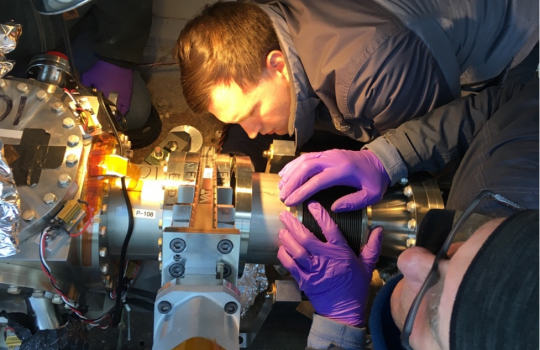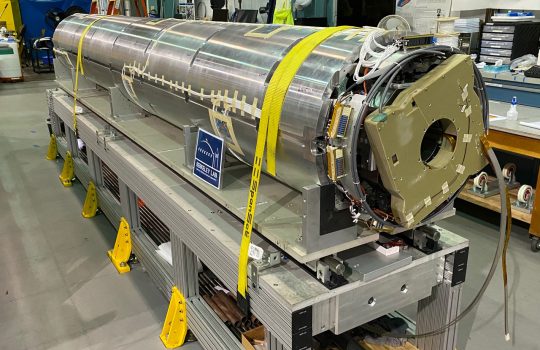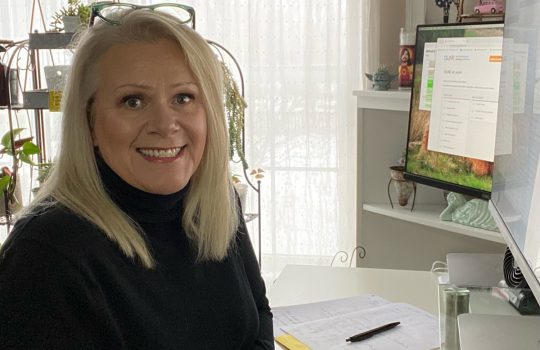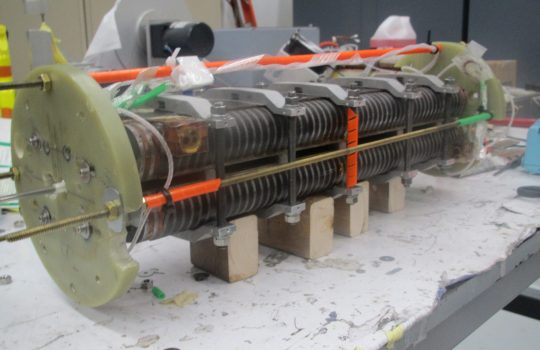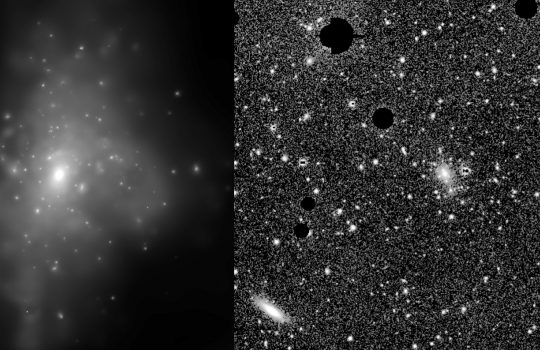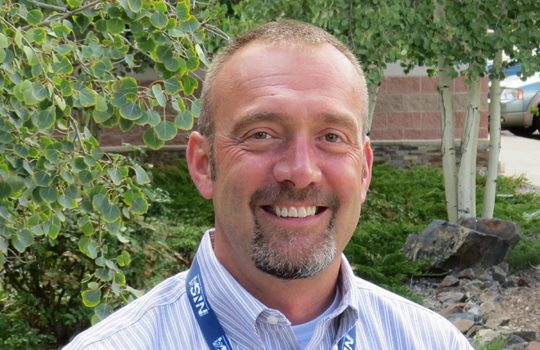Random twists of place: How quiet is quantum space-time at the Planck scale?
Fermilab scientist and University of Chicago professor of astronomy and astrophysics Craig Hogan gives perspective on how the Holometer program aims at a tiny scale — the Planck scale — to help answer one of the universe’s most basic questions: Why does everything appear to happen at definite times and places? He contextualizes the results and offers optimism for future researchers.

